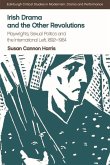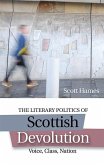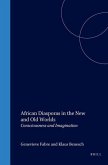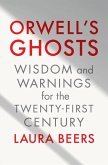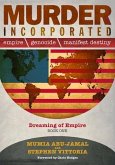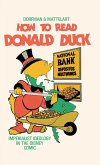Assembles for the first time the many different texts imagining the future after the end of apartheid Focusing on well-known and obscure literary texts from the 1880s to the 1970s, as well as the many manifestos and programmes setting out visions of the future, this book charts the dreams of freedom of five major traditions of anti-colonial and anti-apartheid resistance: the African National Congress, the Industrial and Commercial Workers Union, the Communist Party of South Africa, the Non-European Unity Movement and the Pan-Africanist Congress. More than an exercise in historical excavation, Dreaming of Freedom in South Africa raises challenging questions for the post-apartheid present. David Johnson is Professor of Literature at The Open University, and the author of Shakespeare and South Africa (1996) and Imagining the Cape Colony: History, Literature, and the South African Nation (2012).
Hinweis: Dieser Artikel kann nur an eine deutsche Lieferadresse ausgeliefert werden.
Hinweis: Dieser Artikel kann nur an eine deutsche Lieferadresse ausgeliefert werden.


